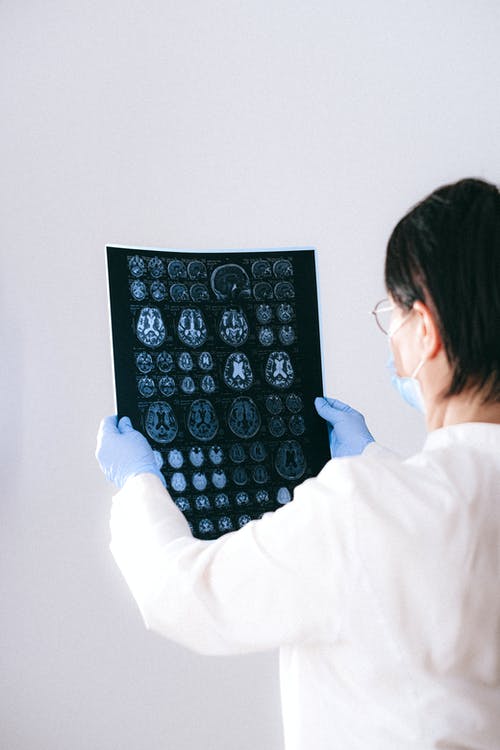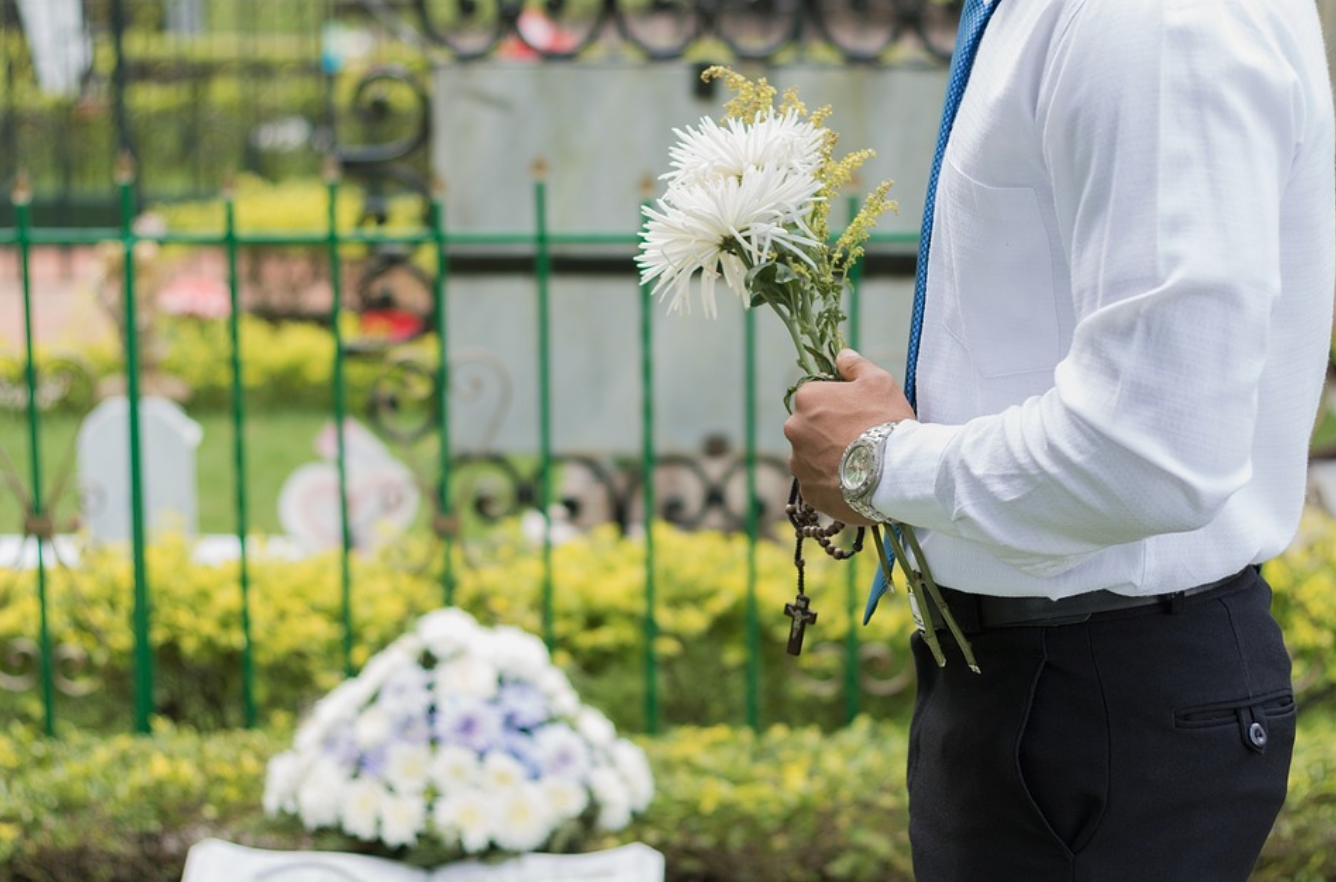If someone is held responsible for the death, the court will determine the compensation.
Accidents happen, and family members are often left to pick up the pieces when they do. Unfortunately, accidental deaths are not as rare as you might hope. In as much as people are grieving, there are practical steps you must take to finalize the deceased’s affairs.
You need to know what to do with the estate and how to take care of the deceased’s assets. This is what family members can do after an accidental death in Florida.
Make the Necessary Arrangements
The first thing you will want to do is make the necessary arrangements. An autopsy is usually unnecessary except in very unusual circumstances. However, you will need to identify the deceased, notify all parties, and make the necessary funeral arrangements.
You probably already have a good idea of how you want to handle this, but you can’t take any steps toward finalizing the estate until you have laid the deceased to rest.
You should decide on the arrangements as soon as possible, even if it is a decision you do not want to make. You want to take care of this part as quickly as possible because delays will only make the rest of the process more difficult.
Funeral Arrangements
If your loved one dies suddenly, you will want to make sure that the funeral arrangements are made as soon as possible. The funeral director is usually responsible for arranging everything from the casket to the grave plot. They will be able to help you select a plot and arrange for a burial.
Should you wish, however, you can arrange for a private ceremony if family members feel this would be more appropriate or convenient. You are also free to have flowers delivered directly and arrange for the visitation of family and friends at the burial site.
Gather Important Documents
To build a case, you need to gather all the information that can serve to clarify the situation. You can start by getting the police report, which will give you details such as the date and time of death, the nature of the incident, the names of witnesses, and other basic information.
Next, get the autopsy report from the medical examiner. It will give you all the details you will need regarding injuries and the coroner’s findings. If there are people you think could be helpful to your case. Contact them to see if they can come to your house and give you a statement about what happened.
Get a Lawyer
Accidental deaths can often result in legal disputes. It is best to get a lawyer as soon as possible and have them advise you on what steps to take next. You should contact one of the local Lakeland wrongful death lawyers to help you navigate the legal waters that arise in the wake of a loved one’s death.
A lawyer will help you file all the paperwork, gather all necessary information, and ensure you have a solid case when you go to court. An auto accident lawyer will also negotiate on your behalf to get you as much compensation as possible.
Secure Compensation

Your lawyer will present all the evidence to the court and do whatever is necessary to win the case. They will submit the autopsy report and any other necessary medical evidence as part of the case.
If someone is held responsible for the death, the court will determine the compensation. Having a lawyer negotiate on your behalf will ensure that you get as much compensation as possible.
Appoint an Executor
Your next task is to appoint someone to be in charge of all of the legal and financial issues related to the death. It would be best to appoint an executor, who will allocate everything according to the deceased’s will or instructions. This person is responsible for ensuring everything is taken care of before the funeral and that no legal disputes or problems arise.
Editor’s note: You may also hear this referred to as “Personal Representative.”
Final Thoughts
In conclusion, the best things that you can do after the death of a loved one are simple. These include making the necessary arrangements, gathering important documents, and speaking with a lawyer. It is always best to speak with an experienced lawyer that can help guide you through the process.


Join the conversation!